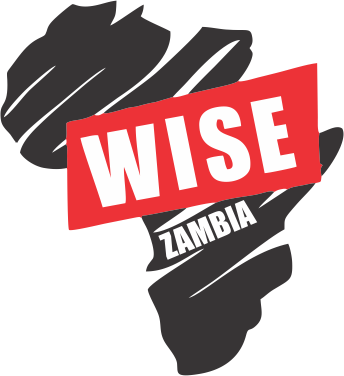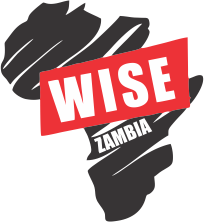Creating Curiosity
CREATING CURIOSITY
It is a miracle that curiosity survives formal education.
Albert Einstein
A simple question: have you ever wondered about the geological makeup of Farfarout? Or perhaps which fruit is celebrated by its own holiday in Turkmenistan? Or which salt water mammal is monogamous? Have you ever been curious about, well, curiosity?
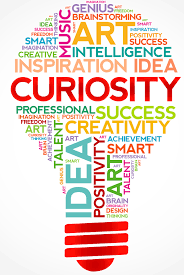 You probably have a decent sense of curiosity, but more than likely none of these questions ever popped into your mind. Let’s start with the last question first. There is indeed a complete science of curiosity. Carnie Mellon University Professor George Loewenstein is the world’s leading expert on the topic. In his seminal 1994 article, The Psychology of Curiosity: A Review and Reinterpretation, Dr. Loewenstein provides some clues as to why you may never have even thought about the first few questions above. Most importantly, he noted that curiosity requires some initial knowledge. We’re not curious about something we know absolutely nothing about. Rather, research shows that curiosity increases with knowledge: the more we know, the more we want to know. To get this process started, Loewenstein suggests to “prime the pump”—provide students some intriguing but incomplete information.
You probably have a decent sense of curiosity, but more than likely none of these questions ever popped into your mind. Let’s start with the last question first. There is indeed a complete science of curiosity. Carnie Mellon University Professor George Loewenstein is the world’s leading expert on the topic. In his seminal 1994 article, The Psychology of Curiosity: A Review and Reinterpretation, Dr. Loewenstein provides some clues as to why you may never have even thought about the first few questions above. Most importantly, he noted that curiosity requires some initial knowledge. We’re not curious about something we know absolutely nothing about. Rather, research shows that curiosity increases with knowledge: the more we know, the more we want to know. To get this process started, Loewenstein suggests to “prime the pump”—provide students some intriguing but incomplete information.
WISE Zambia provides educational opportunities for students in rural communities in Zambia. This necessarily includes the means for these students to attend school is our primary mission, from school fees, room, board, transportation, and necessary emotional and academic support. But we would be derelict if we stopped there. Our goal is to ensure every student achieves their true potential—which means we must “create curiosity.” We must “prime the pump” of knowledge, beyond simply the topics taught in the classroom.
As most of our students have little exposure to the world beyond the agrarian Western Province, we prime the pump by sharing the world with them. This takes many shapes, both large and small:
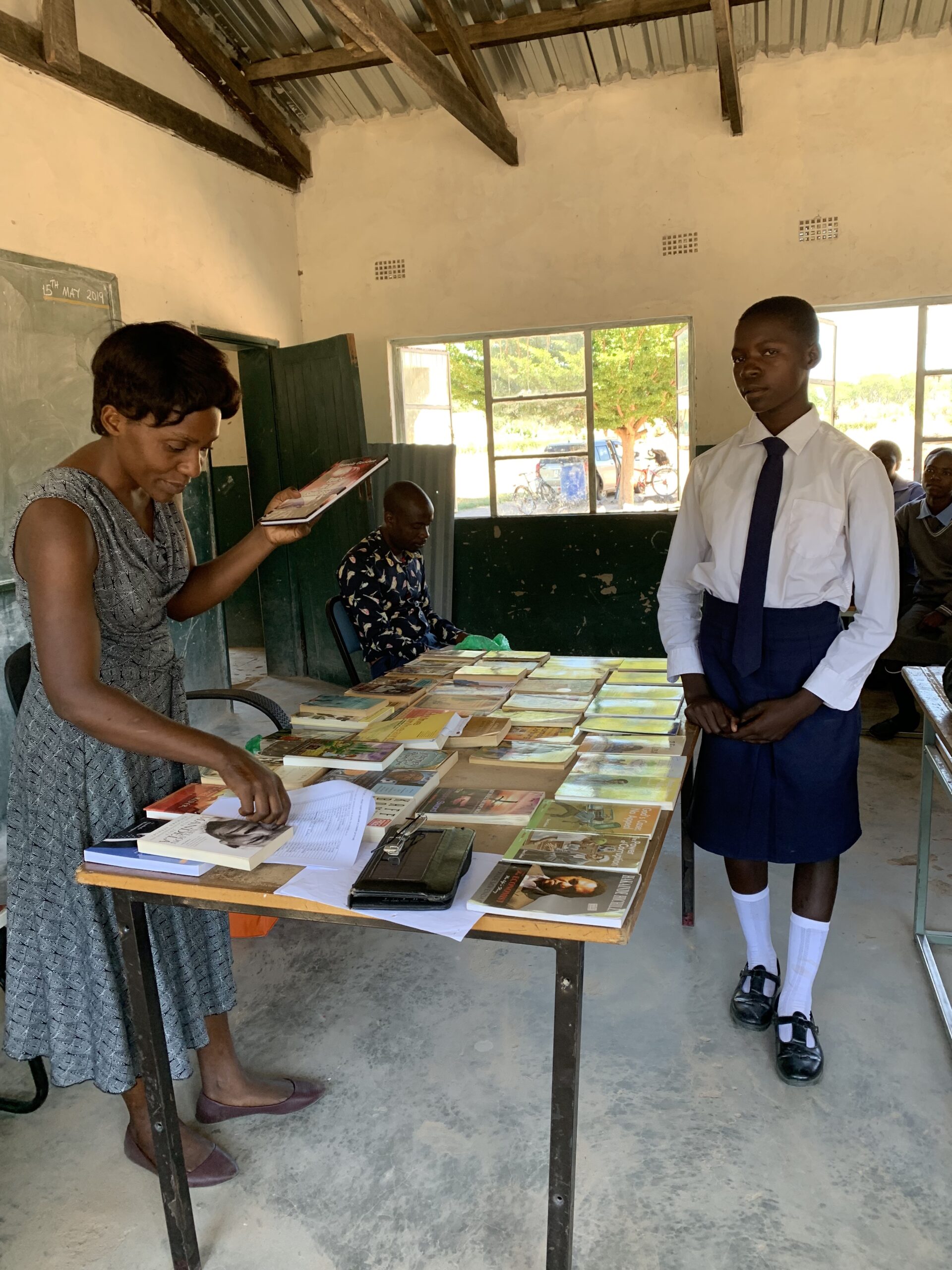 Reading campaigns. Our “Reading Is Fun” campaign brings hundreds of books to the schools our students attend, schools that lack electricity, internet, and libraries. (Indeed, most classrooms only have one text for each 10 or so students.) The students are free to select their choice of book, and following a short one-page report on each book read, receive small prizes. Our most prolific high school reader has completed books by Stephen Hawking and Barack Obama!
Reading campaigns. Our “Reading Is Fun” campaign brings hundreds of books to the schools our students attend, schools that lack electricity, internet, and libraries. (Indeed, most classrooms only have one text for each 10 or so students.) The students are free to select their choice of book, and following a short one-page report on each book read, receive small prizes. Our most prolific high school reader has completed books by Stephen Hawking and Barack Obama!
(Side note: we also have subscriptions to both The Economist and the National Geographic sent to our main facility in Kaoma, where they are made available to all students to review and read.)
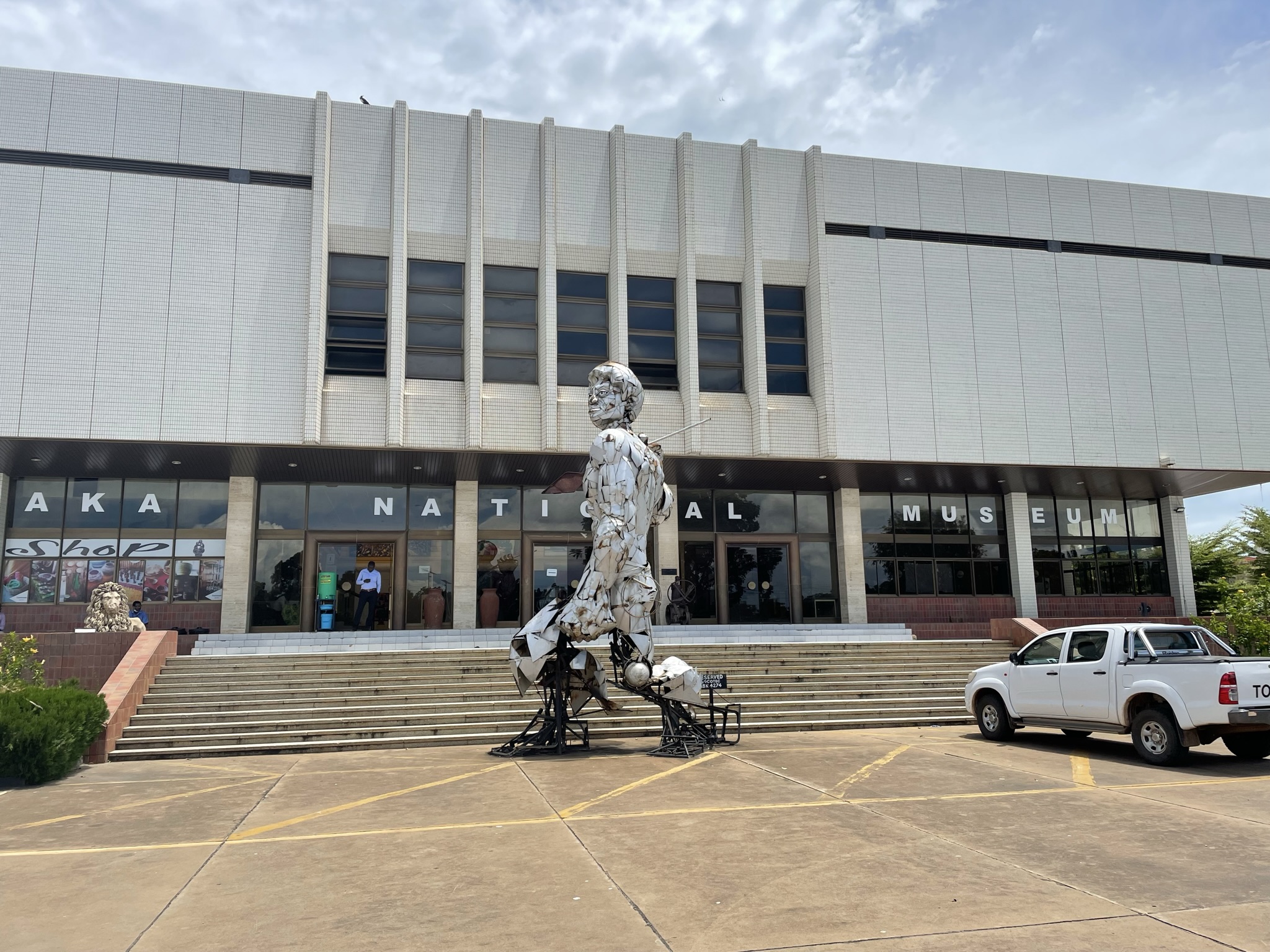 Field trips. A staple of education in the United States, these are much harder to arrange in the Western Province, where there are no school buses, roads are abysmal, and significant attractions often hundreds of kilometres away (such as the capital city, Lusaka, 420 kilometres from Kaoma). Challenge accepted!, as they say. As often as possible, we bring groups of students to various natural, historical, cultural, and political attractions and events throughout Zambia.
Field trips. A staple of education in the United States, these are much harder to arrange in the Western Province, where there are no school buses, roads are abysmal, and significant attractions often hundreds of kilometres away (such as the capital city, Lusaka, 420 kilometres from Kaoma). Challenge accepted!, as they say. As often as possible, we bring groups of students to various natural, historical, cultural, and political attractions and events throughout Zambia.
A key landing site is the National Museum of Zambia, which traces the country’s history from prehistoric times—a recreation of the Kabwe man is one key exhibit—through the present, as well as exhibits commemorating the country’s cultural and artistic heritage.
Periodic “larger” events. Most recently, the World’s Fair in Dubai provided an opportunity that we could not pass up. With 180 countries exhibiting in a city a moderate plane flight away (and free admission to students!), we took six students and leaders to the World’s Fair, where they were exposed to countless cultures, experiences, and visions for the future.
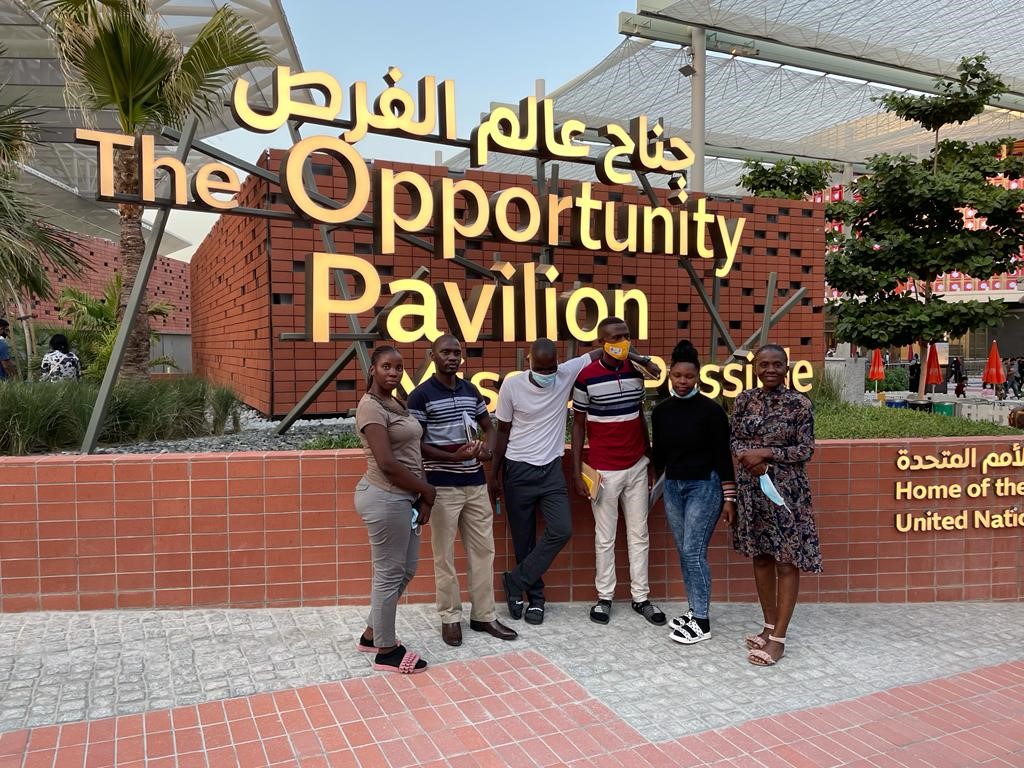
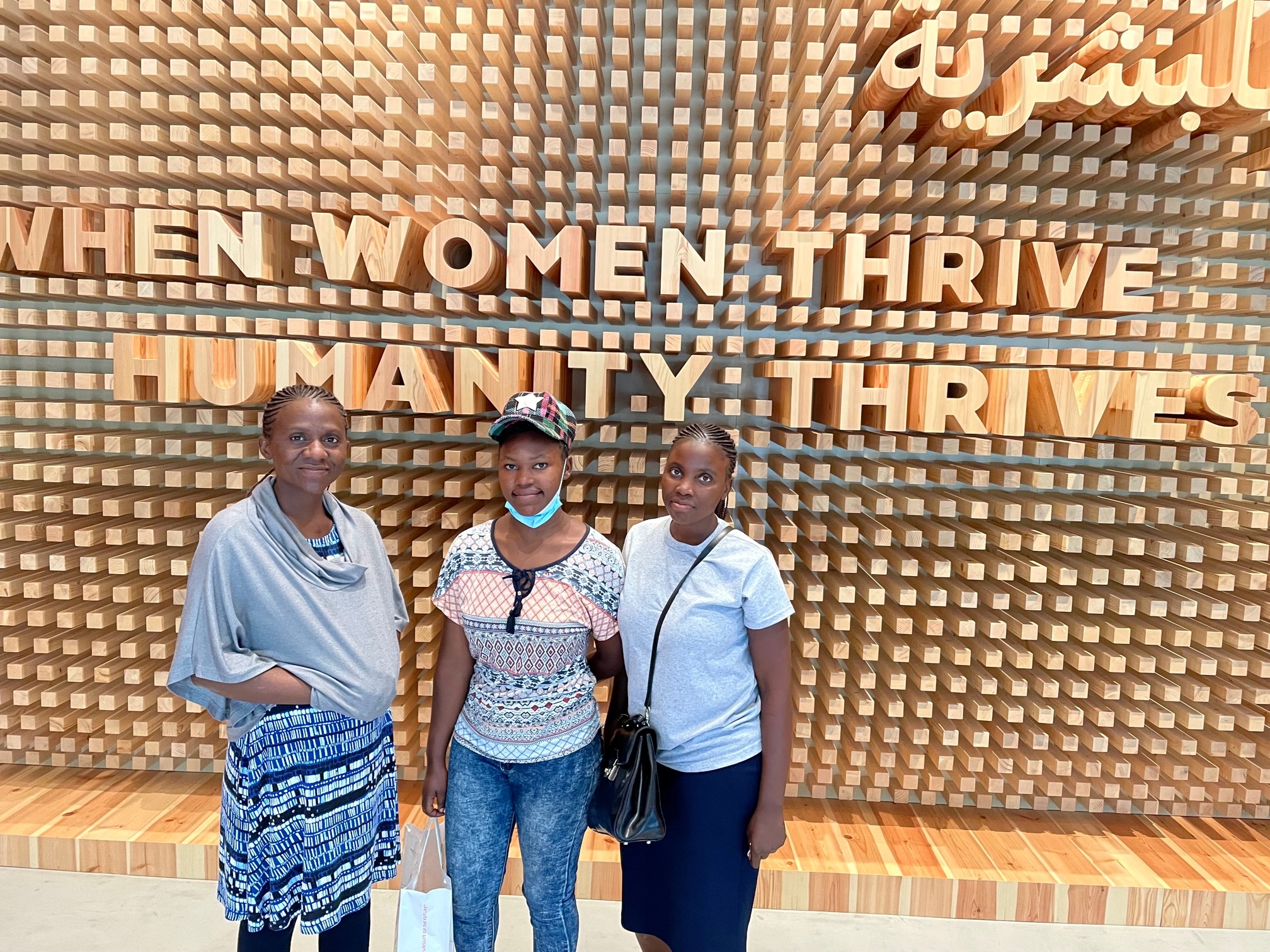
There will be more such events in the future. We will be sending students to conferences and events where they will not only meet students from other countries, but gain insights to current international developments and challenges. (Some of these events include those sponsored by the State Department’s Young African Leaders Initiative, “YALI”). A field trip to sub-Saharan Africa’s “Silicon Valley”—Kigale, Rwanda—is also in the works.
WISE’s theory of change seeks to create “fulfilled individuals,” “changed communities,” and “empowered nations.” These results only occur through visionary and critical thinking, and the catalyst for such thinking is the simple human emotion of curiosity. (Creativity is also a desired virtue, and WISE Zambia promotes creativity as well. “Creating creativity” will be the subject of a separate blog.)
Curious to learn more about WISE Zambia?
Learn more here: www.wisezambia.org.
You can support our programs here: https://wisezambia.harnessapp.com/wv2/donate.
Questions? Email us at [email protected].
LEARN: GIVE:
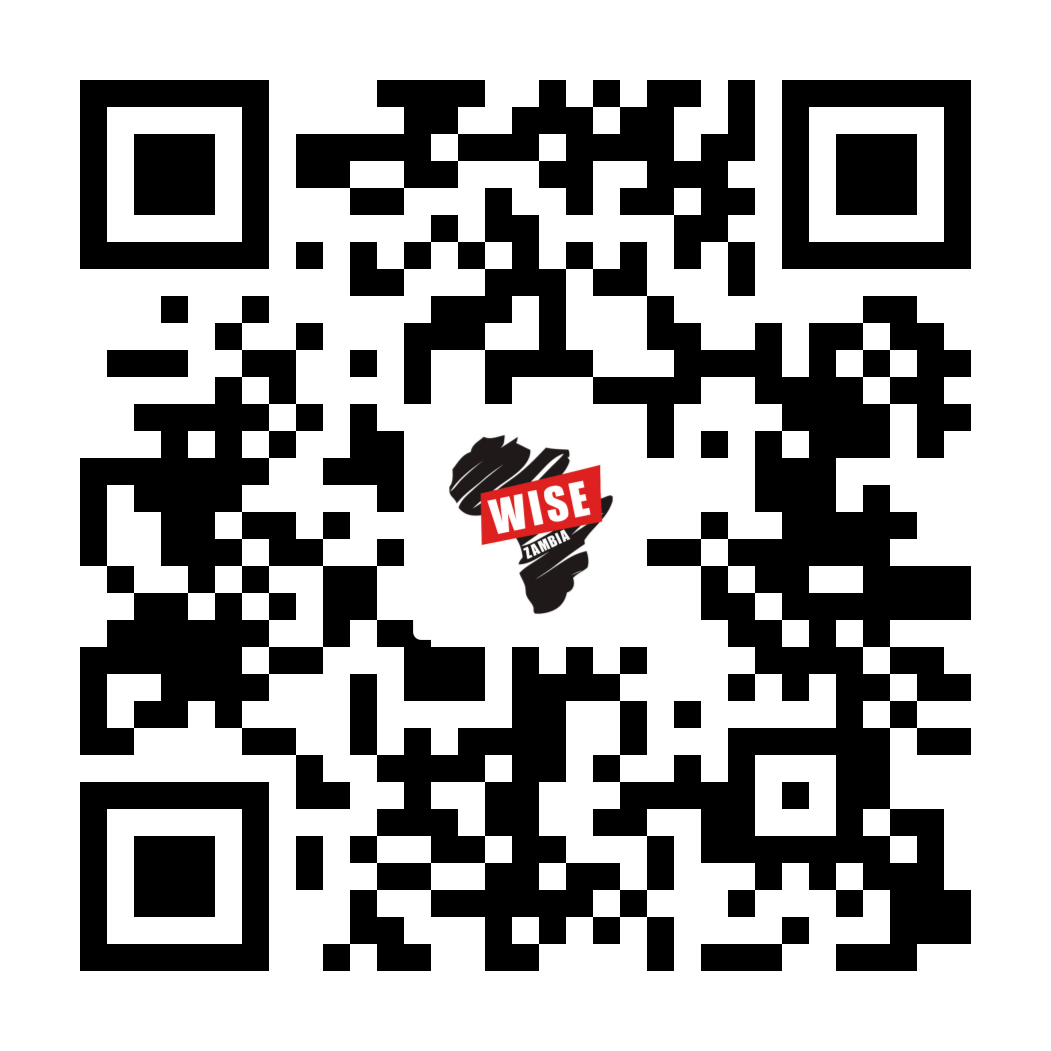
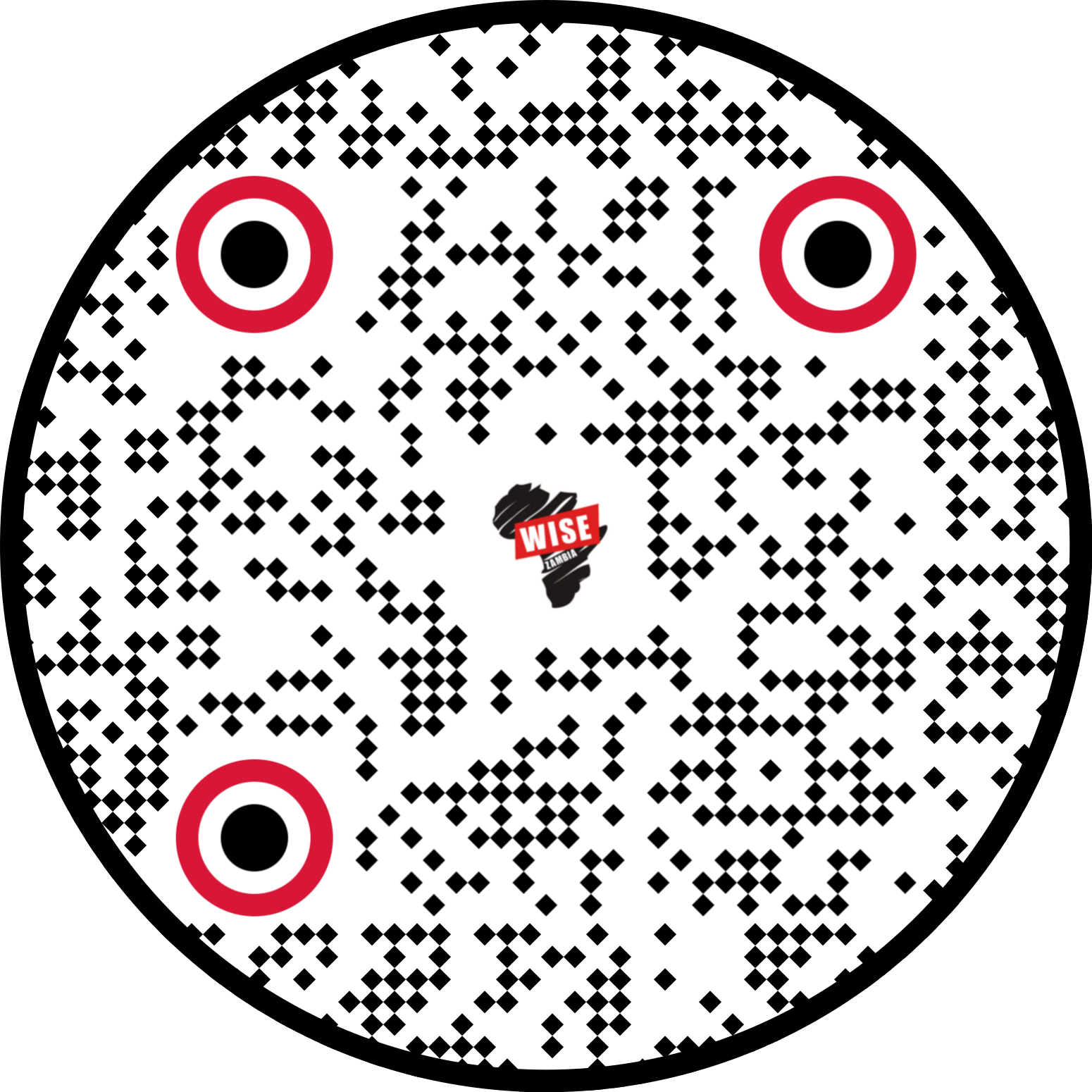
WISE Zambia is a United States 501(c)(3) nonprofit organization, Federal Tax ID# 41-2141986. WISE Zambia is a registered Zambia non-governmental organization, Tax No. 1019286370
© Copyright 2023 Sishima Graphic Design (Zambia)
